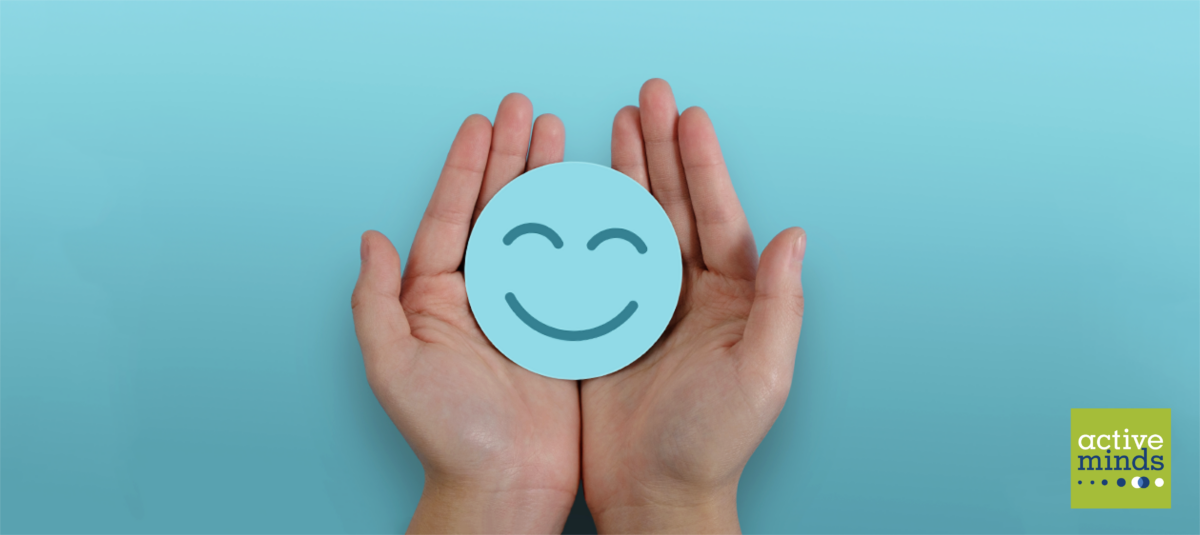Did you know June is Men’s Mental Health Awareness Month, also known as Men’s Mental Health Month or Men’s Health Month? It dates back to 1994, evolving from a bill championed by Kansas Senator Bob Dole. I prefer the term Men’s Mental Health Awareness Month as a man who is still figuring out his own mental health journey. Often, as men, young men, teens, and boys, we are taught to suppress feelings and focus on developing a level of masculinity that continues to be defined by the times in which we live.
We all have mental health. Mental Health Awareness Month has been observed in the United States since 1949; in 2024, it’s more popular than ever. If we all have mental health, and mental health issues affect everyone, why do we need to bring more awareness to men’s mental health? Simply put, many males are suffering and are less likely to seek help, often living in isolation with their issues. Over six million males suffer from depression each year in the US. This frequently goes undiagnosed and untreated. Men are more likely to report fatigue, irritability, and loss of interest in work or hobbies, rather than feelings of sadness and worthlessness (Mental Health America). Emotional language is acquired, and often, we raise our young males without it. So when we are asked what is wrong, it’s not that we are trying to keep a secret; we don’t know how to articulate it.
There are 3.5 million people with a schizophrenia diagnosis and it is considered one of the leading causes of disabilities with 90% of those diagnosed by age 30 being men.
So What Can We Do?
Support the Men in Your Life:
- Listen Actively: Listen without interrupting or shifting focus to yourself when a man opens up to you. Validate their feelings and experiences.
- Create a Safe Space: Encourage open discussions about mental health in non-judgmental environments.
- Educate Yourself: Learn about the signs and symptoms of mental health issues common in men to better understand and support them.
For Men:
If you are a man reading this, I want to give you permission to cry. One of the unhealthiest habits I developed during the darkest times of my mental health journey was the refusal to cry. I did not allow myself to feel those emotions and open up in that way. As a father, you don’t cry because you don’t want to worry your kids. As a young man, you don’t cry because you don’t want to come off as “soft.” As a principal, I didn’t cry because I was the leader of the building. After you develop the habit, even when you are alone, you may find it difficult. For me, it was the fear of crying and not being able to stop. I thought if I finally let it out, I wouldn’t be able to control it.
There are two main reasons for tears: the first is physiological, to flush out irritants and pollutants from our eyes. Tears protect our eyes. The other reason is an emotional release from your soul. When you cry, you release the stress you carry. Tears have oil, salt, water, and enzymes that create swelling in the body. All of that is released when you cry. It is okay to cry. It is healthy to cry. Release the pressure! Then, take the time to articulate those feelings. Develop the emotional language to share with those who want to help.
Encourage Seeking Help:
Encourage men to seek professional help when needed. According to a survey by the Priory Group, 77% of men have suffered symptoms of common mental health conditions such as anxiety, depression, and stress. However, 40% have never spoken to anyone about their mental health, with 29% reporting they are too embarrassed to speak out and 20% citing a negative stigma. The biggest causes of mental health issues for men are work (32%), finances (31%), and health (23%). Alarmingly, 40% of men say it would take thoughts of suicide to compel them to get professional help (Priory Group).
According to HeadsUpGuys, almost 800,000 people worldwide die by suicide each year, nearly twice the number who die by homicide. In the US, the suicide rate among males is four times higher than among females, with males representing 79% of deaths by suicide. In the year before suicide, only about 35% of men sought care from a mental health practitioner.
Conclusion:
As Men’s Mental Health Awareness Month wraps up, let’s commit to breaking the stigma and encouraging open conversations about mental health. Pay closer attention to the males in your lives, support them, and encourage them to seek help when needed. Together, we can create a world where men feel safe to express their emotions and seek the support they deserve.
Our speakers speak about mental health awareness and stigma reduction in a way that is easily accessible and engaging for all audiences. Additionally, each Active Minds speaker has a unique story and can speak to nuanced aspects of mental health. Click the names below to reveal which speakers are particularly qualified to speak on Men and Mental Health:




